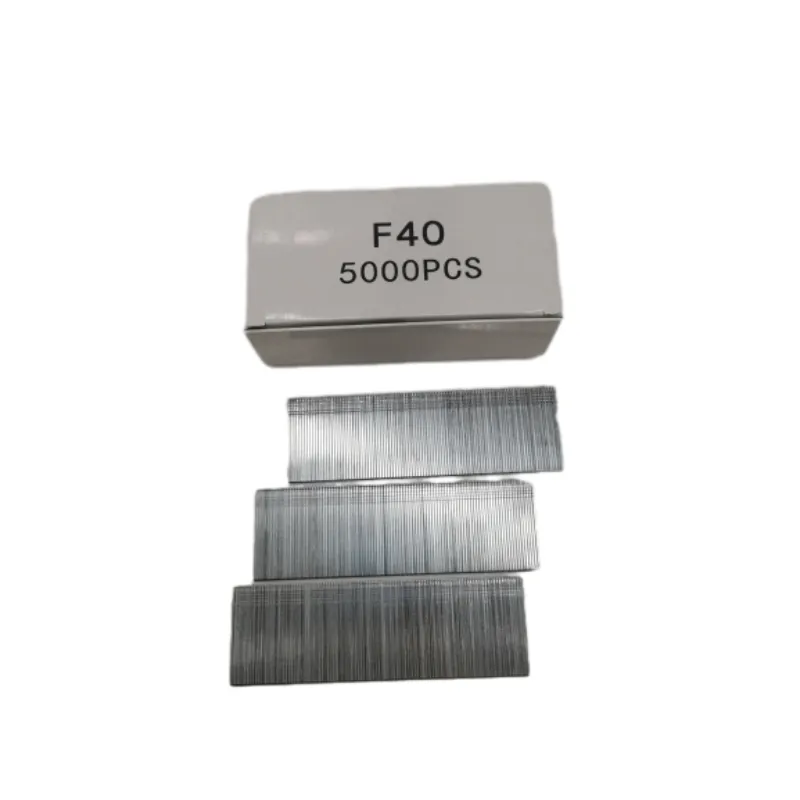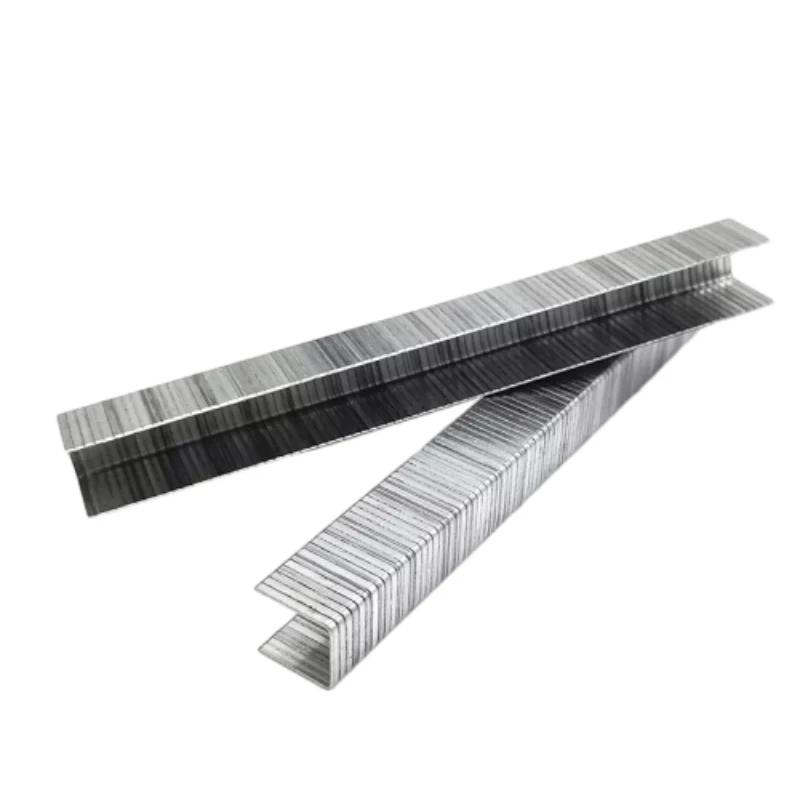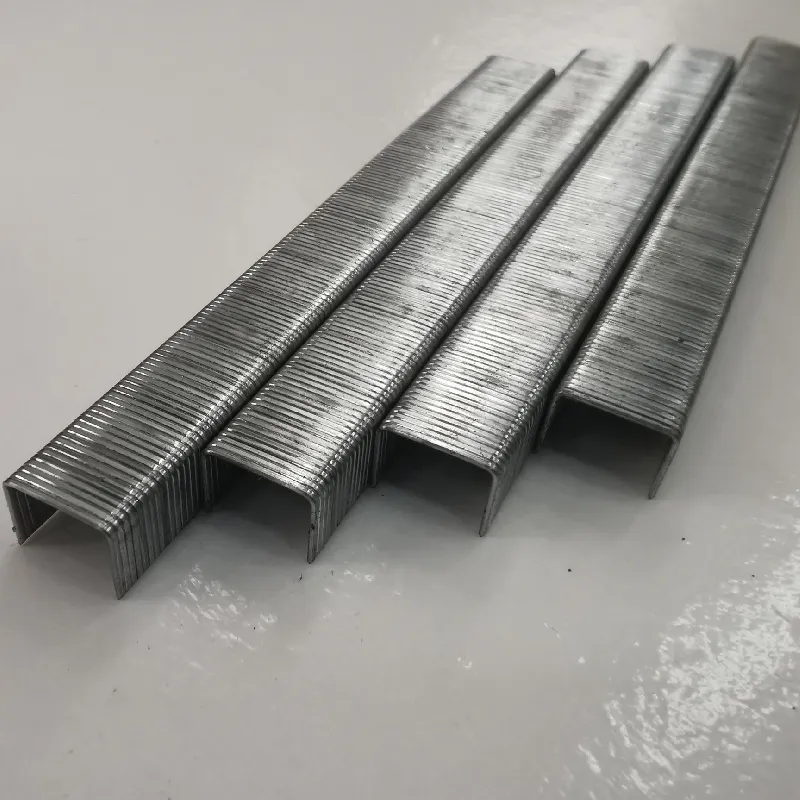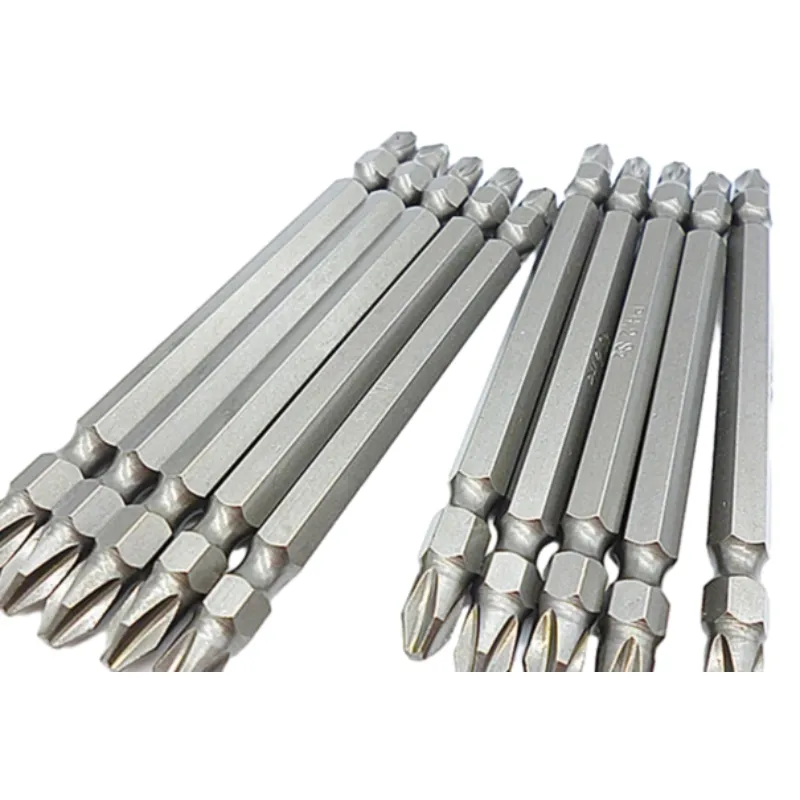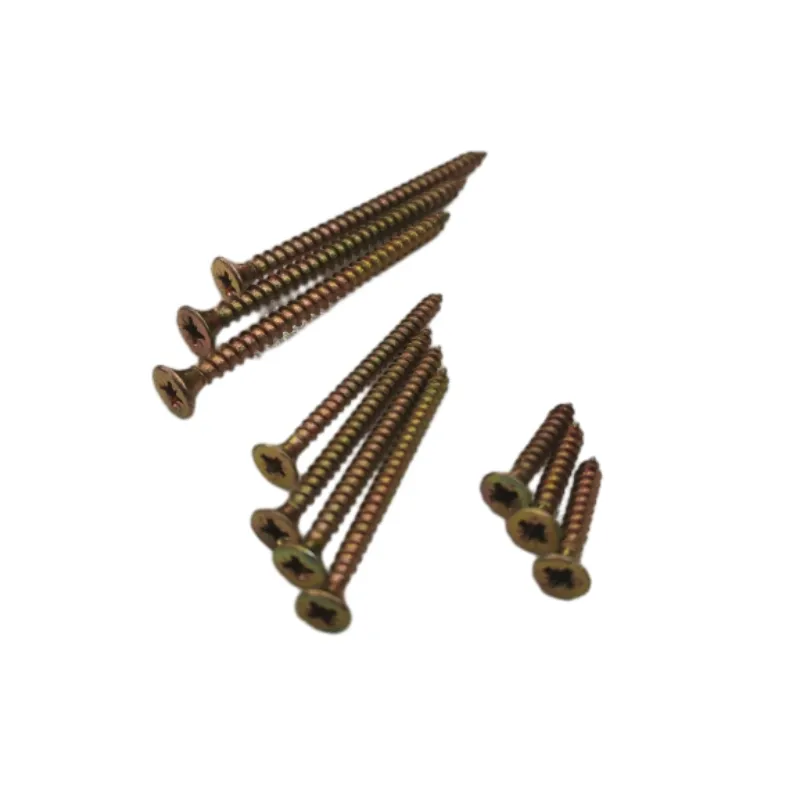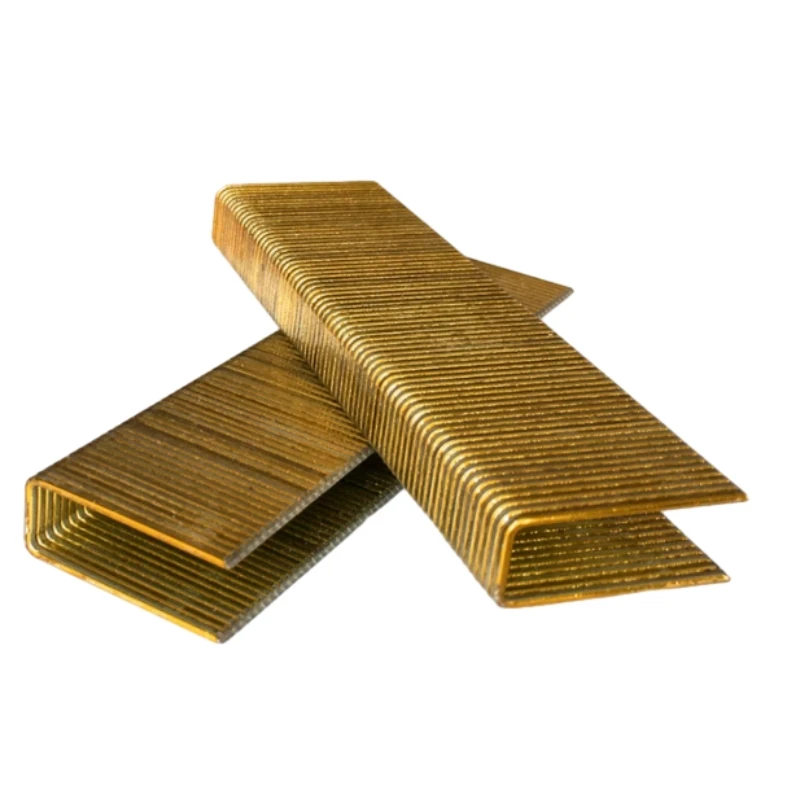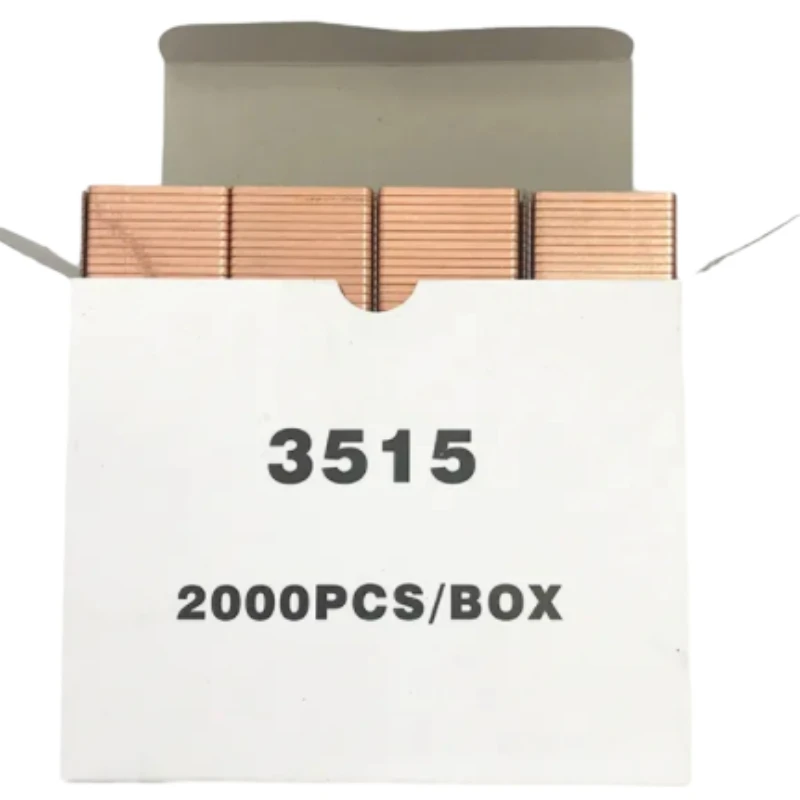Tirnoqni tugatish
When installing baseboards, choosing the right type of nails is crucial to ensure a clean and durable finish. Typically, finish nails are the preferred option for baseboards because they have a smaller head that can be easily concealed with wood filler or paint. The most common finish nail sizes for baseboards range from 1 ¼ inch to 2 ¼ inches, depending on the thickness of the baseboard and the wall material.
For typical residential baseboards, 15 or 16 gauge finish nails are widely used. These nails offer the right balance of strength and subtlety, holding the trim firmly in place without splitting the wood. If you’re working with softer woods or thinner baseboards, smaller gauges like 18 gauge can also be appropriate.
In outdoor or high-moisture environments, it’s recommended to use stainless steel finish nails or stainless finish nails to prevent rust and corrosion. For pressure treated wood, corrosion-resistant nails such as galvanized or stainless steel are essential to maintain the integrity of the installation.
Additionally, bulk finish nails can be purchased if you have a large project, which is cost-effective and ensures you have enough nails on hand. When selecting finish nails for trim, always consider the wood type, thickness, and environmental factors to ensure the best results for your baseboard installation.
What Are The Different Types Of Finish Nails?
Finish nails come in various types and gauges, each designed for specific applications. The most common types of finish nails include brad nails, standard finish nails, and stainless steel finish nails.
Brad nails are thinner (usually 18 gauge) and ideal for delicate trim and small projects where minimizing wood splitting is important. However, they are less strong than thicker finish nails, so they’re not always suitable for heavier baseboards or molding.
Standard finish nails usually come in 15 or 16 gauge, providing a stronger hold and are widely used for baseboards, crown molding, and other larger trim pieces. They have a slightly larger head than brads but still small enough to be concealed easily.
For outdoor or moisture-prone areas, stainless steel finish nails or stainless finish nails are recommended due to their corrosion resistance. These nails are essential when working with pressure treated wood or exterior trim to prevent rust stains and nail failure over time.
When considering finish nail gauge, thicker nails provide greater strength but may leave larger holes that need filling, while thinner nails reduce splitting but may not hold as securely. Knowing the right finish nail sizes and types ensures your trim project will look professional and last long.
What Size Finish Nails Are Best For Pressure Treated Wood?
When working with pressure treated wood, it is important to select the right finish nail sizes that provide durability and resistance to corrosion. Since pressure treated wood contains chemicals that can cause regular nails to rust or corrode quickly, using stainless steel finish nails or specially coated nails is necessary.
For finish nails for pressure treated wood, a 15 or 16 gauge finish nail is generally the best choice. These sizes offer enough strength to secure the wood firmly, especially for trim or baseboards attached to pressure treated lumber.
Additionally, selecting nails with a corrosion-resistant coating or made of stainless steel will prolong the life of your installation. Avoid using plain steel nails, as they can quickly rust and stain the wood.
The length of the nail depends on the thickness of your trim and the underlying pressure treated wood, but typical finish nail sizes range from 1 ½ to 2 ½ inches. This ensures the nail penetrates deep enough for a solid hold without damaging the wood.
Using the right finish nail gauge and corrosion-resistant material ensures that your project maintains structural integrity and a clean finish for years to come, especially in outdoor or humid environments.
What Is The Difference Between Bulk Finish Nails And Standard Finish Nails?
Bulk finish nails refer to finish nails sold in large quantities, often packaged in bulk boxes or containers. They are the same as standard finish nails in terms of size and gauge but offer cost savings and convenience for large projects or contractors who use nails frequently.
Standard finish nails come in various finish nail sizes and finish nail gauges, typically 15, 16, or 18 gauge, and are used for trim, baseboards, and molding installation. They have small heads designed to be easily concealed for a clean, professional look.
Buying bulk finish nails is practical when you need a large supply for repetitive work, such as installing multiple sets of baseboards or extensive trim projects. It reduces packaging waste and often lowers the cost per nail compared to buying smaller packages.
Both stainless steel finish nails and galvanized nails can be found in bulk, which is important if your project requires corrosion-resistant fasteners, such as for pressure treated wood or outdoor applications.
In summary, the main difference lies in packaging and quantity, not in the nail type itself. Choosing bulk finish nails can be economical without sacrificing quality, especially when paired with the right finish nail sizes and materials for your project.














































































































